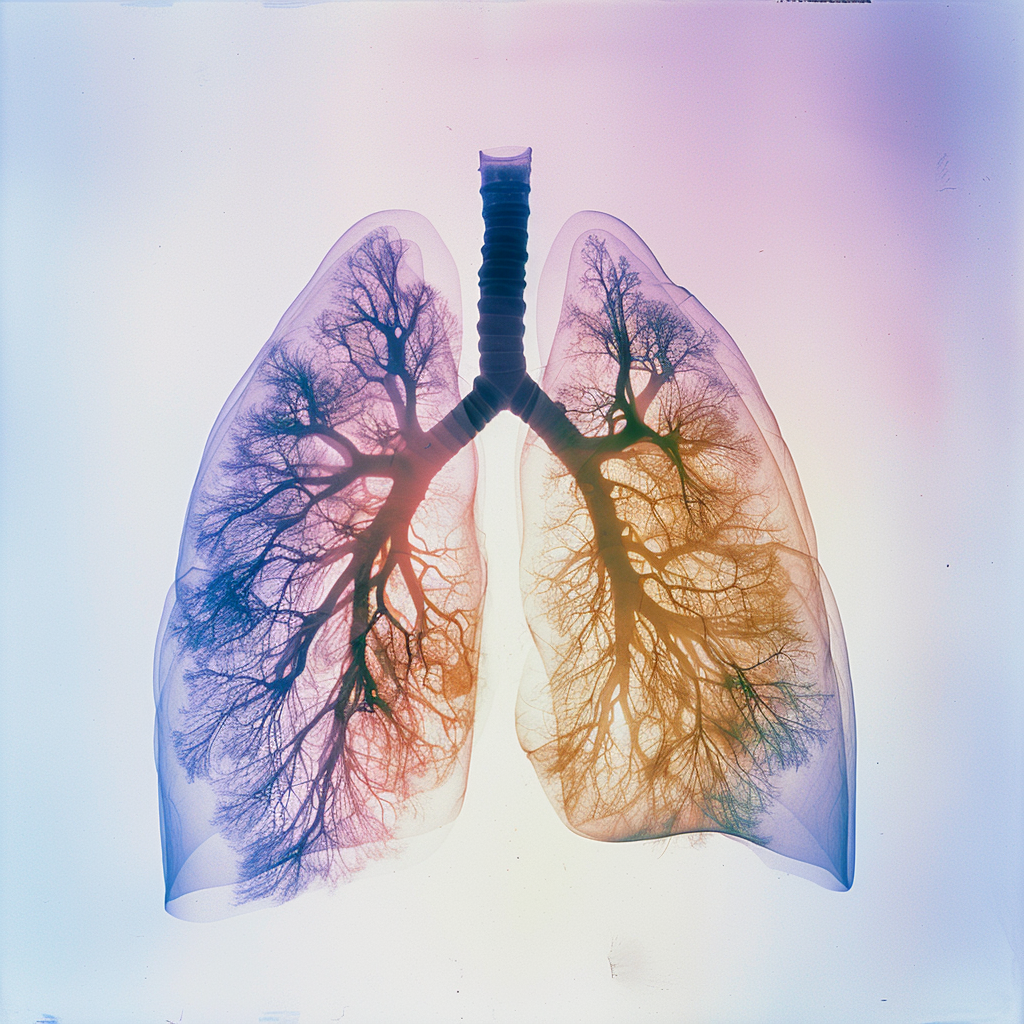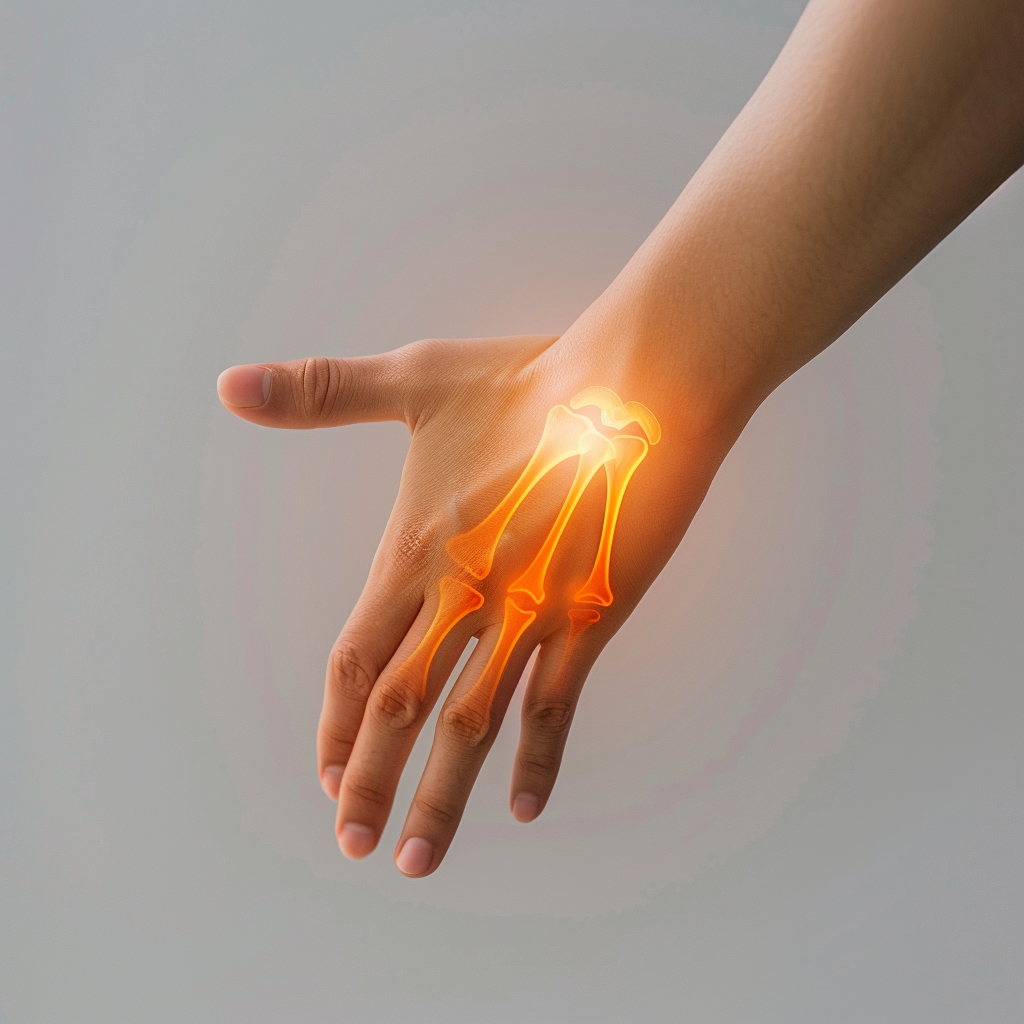قداسة مكة .. رسالة الطب ..إتقان الخدمة

What is tuberculosis?
• Tuberculosis is an infection that usually affects the lungs. It is not very
common in the United States. But in other parts of the world, tuberculosis is
still a serious problem. Tuberculosis is sometimes called "TB."
How does TB spread?
• You can catch TB from anyone who is sick with TB. The germ that causes
TB can travel in the tiny drops of fluid that spray when a person coughs or
sneezes. If you inhale those drops, you can get infected.
What happens if I get infected with TB?
• If you get infected with TB, you probably will not get sick right away. Instead
1 of 2 things might happen:
o Your body's infection fighting system, called the immune system,
might kill off the germs that cause TB. If that happens, you will not get
sick with TB.
o Your body's immune system might be able to control the germs but not
completely kill them off. This is called "latent TB." People with latent
TB do not get sick right away, but they can get sick later on. People
who are sick with TB have what doctors call "active TB."
What are the symptoms of active TB?
• The symptoms of active TB can include:
o A cough that lasts a long time
o Fever
o Sweating at night
o Losing weight without trying to
Should I see a doctor or nurse?
• See your doctor or nurse if:
o You have been near someone who was sick with active TB
o You have a cough that has lasted longer than 3 or 4 weeks and does not
seem to be getting better
o You have other symptoms of TB, such as fever, sweating at night, and
unexpected weight loss.
Is there a test for latent TB?
• Yes. There are 2 tests for latent TB, a skin test and a blood test:
o Skin test – For this, your doctor or nurse gives you a shot in your arm.
The shot contains tiny pieces of the dead TB germ. Then, 2 or 3 days
later, your doctor or nurse will look at the spot where you got the shot
to see if there is a bump, and how big the bump is. Only a doctor or
nurse can tell whether the bump from a TB test is positive or negative.
o Blood test – A blood test for TB is available in many areas, but not
everywhere.
• Your doctor or nurse will decide which test is best for you. The choice
depends on your risk of getting active TB.
What if my latent TB test is positive?
• If your latent TB test is positive, you will probably get more tests to make
sure you do not have active TB. Then you will need treatment.
How is TB treated?
• The treatment depends on whether you are sick:
o People who are not sick and have latent TB must take medicine for at
least 3 months, sometimes longer.
o People who are sick with active TB must take 4 different medicines
every day for at least 2 months. After that, some people can go down to
2 medicines, but all people must keep taking some medicines for
another 4 months. That means that treatment for active TB lasts at least
6 months total. People need to start with 4 medicines in case 1 or more
of them stops working.
• If your doctor or nurse gives you medicine to treat TB, it is very important
that you take it all. If you do not take all your medicine, you could get sick
with TB, or the medicine could lose its effect. If the medicine loses its effect,
the infection can become even harder to treat.
• The medicines used to treat TB can cause liver problems. While you are
taking these medicines, you should not drink alcohol or
take acetaminophen (sample brand name: Tylenol). Tell your doctor or nurse
if you have signs of liver problems. These include:
o Feeling very tired
o Nausea or vomiting
o Having no appetite
o Dark-colored urine
o Jaundice, which is when the skin or white part of the eyes turn yellow
o Belly pain
o Itchy skin
• TB is a serious disease. It can lead to death. That's why it's so important that
you take treatment very seriously.


